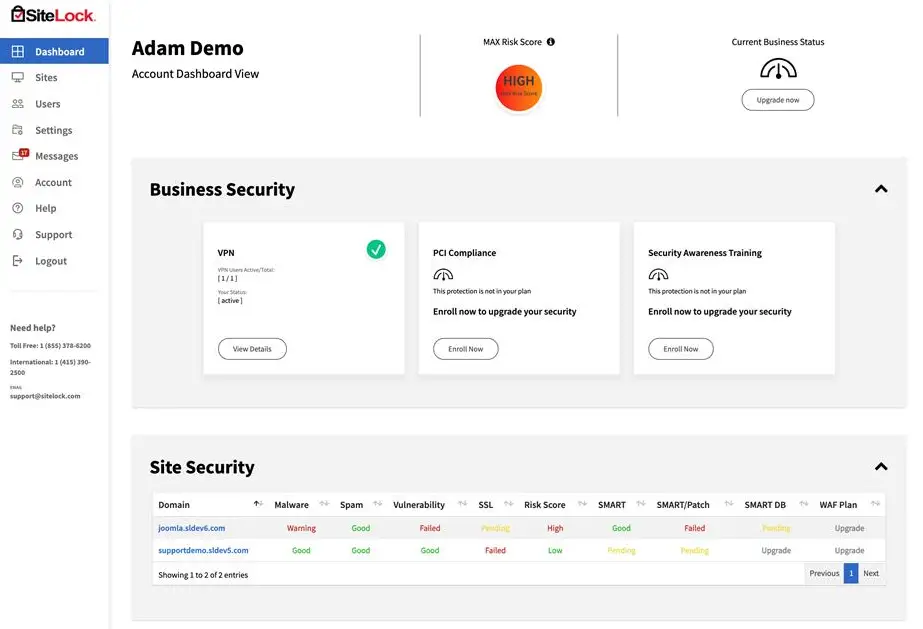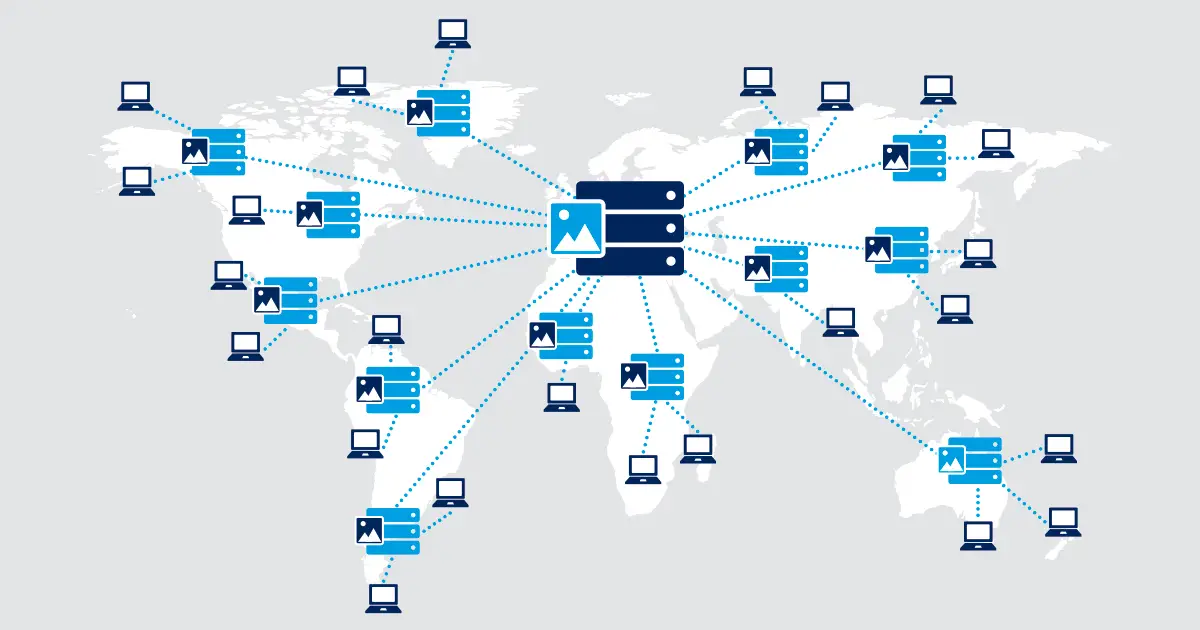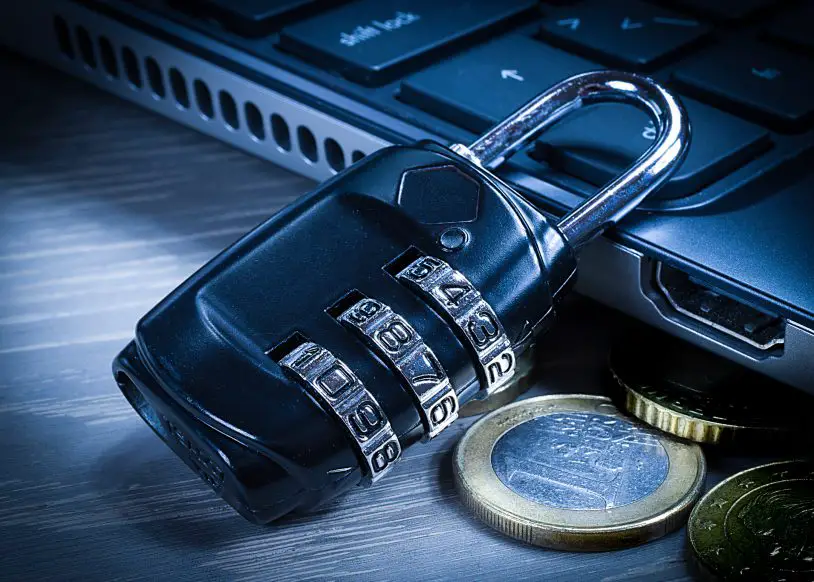Evaluating the Security of Your CDN Provider

1. Compliance and Certifications:

- ISO 27001/27002: Ensures adherence to best practices for information security management.
- PCI DSS: Compliance for handling sensitive payment data.
- HIPAA: Compliance for handling protected health information.
2. Physical Security:

- Data Center Location: Verify the physical location of data centers and their proximity to potential threats.
- Access Control: Strict physical access policies and security measures in place to prevent unauthorized personnel from accessing servers.
- Environmental Controls: Adequate temperature, humidity, and power regulations to ensure optimal equipment performance.
3. Network Security:
- Firewall Protection: Stateful firewalls to block malicious traffic and prevent unauthorized access.
- Intrusion Detection and Prevention Systems (IDS/IPS): Monitor network activity for suspicious behavior and take corrective actions.
- Secure Network Protocols: Use of SSL/TLS and other secure protocols for transmitting data over the network.
4. Data Security:
- Encryption: Encryption of data at rest and in transit to protect against unauthorized access.
- Access Control Lists (ACLs): Granular permissions to control access to specific data and resources.
- Data Retention Policies: Clearly defined policies for retaining and purging data, ensuring compliance and privacy.
5. Application Security:
- Web Application Firewall (WAF): Protects against common web attacks such as SQL injection and cross-site scripting.
- Content Delivery Network (CDN): Reduces attack surface by distributing content across multiple servers.
- Vulnerability Management: Regular scanning and patching of CDN infrastructure to address potential security flaws.
6. Disaster Recovery and Business Continuity:
- Redundancy and High Availability: Multiple data centers and redundant infrastructure to ensure uninterrupted service in case of outages.
- Disaster Recovery Plans: Documented procedures for recovering data and restoring operations in the event of a disaster.
- Backup and Recovery: Regular backups and automated recovery processes to protect against data loss.
7. Incident Response:
- Incident Response Plan: Clear procedures for responding to and mitigating security incidents.
- 24/7 Monitoring and Support: Continuous monitoring of CDN infrastructure and prompt response to any security alerts.
- Communication: Regular reporting and transparency regarding security incidents and response measures.
8. Service Level Agreements (SLAs):
- Security Guarantees: SLAs should include specific commitments to confidentiality, integrity, and availability of data.
- Penetration Testing: Regularly scheduled penetration testing to identify and address security vulnerabilities.
- Security Audits: Independent security audits to verify compliance and effectiveness of security measures.
9. Vendor Reputation and Experience:
- References and Case Studies: Obtain testimonials and success stories from other customers who have used the CDN provider’s security services.
- Industry Recognition: Awards and recognition for excellence in security practices.
- Vendor Stability: Assess the vendor’s financial health and long-term viability to ensure ongoing support.Evaluating the Security of Your CDN Provider
Executive Summary
Content Delivery Networks (CDNs) are a vital part of ensuring the fast and reliable delivery of content to end-users. However, choosing a secure CDN provider is crucial to protect your website and data from potential threats. This article provides a comprehensive guide to evaluating the security measures of your CDN provider, ensuring that your online presence remains safe and protected.
Introduction
In today’s digital landscape, CDN providers play a pivotal role in enhancing website performance and ensuring seamless content delivery. However, with the increasing sophistication of cyber threats, it is imperative to prioritize security when selecting a CDN provider. By evaluating their security practices, organizations can mitigate potential risks and safeguard their online assets.
FAQs
1. What is CDN security?
CDN security refers to the measures and protocols implemented by CDN providers to protect their infrastructure and the data they handle from unauthorized access, malicious attacks, and data breaches.
2. Why is CDN security important?
CDN security is crucial because it protects your website and data from various threats, including DDoS attacks, data breaches, malware, and phishing scams. A secure CDN ensures the integrity and availability of your content, preventing disruptions and protecting your reputation.
3. What are the key elements of CDN security?
Key elements of CDN security include:
- Strong encryption protocols
- Firewall protection
- Access control mechanisms
- Regular security audits
- Compliance with industry standards
Top 5 Subtopics
1. Encryption Protocols
Encryption protocols are the foundation of CDN security, safeguarding data in transit and at rest. Look for providers that use industry-standard protocols such as SSL/TLS and AES-256 to encrypt communication between your website and their servers.
- SSL/TLS: Provides secure communication by encrypting data transmission, preventing eavesdropping and data manipulation.
- AES-256: An advanced encryption algorithm that is virtually unbreakable, protecting sensitive data from unauthorized access.
2. Firewall Protection
Firewalls act as the first line of defense against malicious traffic. Choose a CDN provider that employs sophisticated firewalls to block unauthorized access, filter out harmful requests, and prevent DDoS attacks.
- Network Layer Firewall: Blocks malicious traffic based on IP addresses and ports, protecting against DDoS attacks.
- Application Layer Firewall: Inspects incoming traffic for malicious content and vulnerabilities, preventing SQL injection and cross-site scripting attacks.
3. Access Control Mechanisms
Access control mechanisms ensure that only authorized personnel have access to your content and data. Look for providers that implement authentication and authorization mechanisms, such as role-based access control (RBAC) and two-factor authentication (2FA).
- Role-Based Access Control (RBAC): Restricts access to sensitive data based on user roles and permissions, preventing unauthorized access.
- Two-Factor Authentication (2FA): Adds an extra layer of security by requiring multiple forms of authentication, such as a password and a one-time code sent via text message.
4. Security Audits
Regular security audits are essential for identifying vulnerabilities and ensuring the effectiveness of security measures. Choose a CDN provider that undergoes independent security audits by reputable organizations, such as SOC 2 Type II and ISO 27001.
- SOC 2 Type II Audit: Assesses the provider’s security practices and controls against industry standards, providing assurance of data protection and security.
- ISO 27001 Certification: Demonstrates compliance with international information security management standards, ensuring that the provider adheres to best practices and is committed to data security.
5. Industry Standard Compliance
Compliance with industry standards indicates that the CDN provider has met recognized security benchmarks. Look for providers that adhere to standards such as the Payment Card Industry Data Security Standard (PCI DSS) and the Health Insurance Portability and Accountability Act (HIPAA).
- PCI DSS Compliance: Ensures that the provider meets stringent security requirements for handling credit card data, protecting against data breaches and fraud.
- HIPAA Compliance: Adherence to healthcare industry regulations, ensuring the confidentiality, integrity, and availability of protected health information.
Conclusion
Selecting a secure CDN provider is a critical decision that impacts the safety of your website and data. By carefully evaluating the security measures outlined in this guide, you can ensure that your CDN provider meets your security requirements and provides a robust foundation for safeguarding your online presence. By prioritizing security, organizations can protect their valuable assets, maintain customer trust, and mitigate the risks associated with cyber threats in the ever-evolving digital landscape.
Keyword Tags
- CDN Security
- Data Protection
- Encryption Protocols
- Firewall Protection
- Access Control Mechanisms

